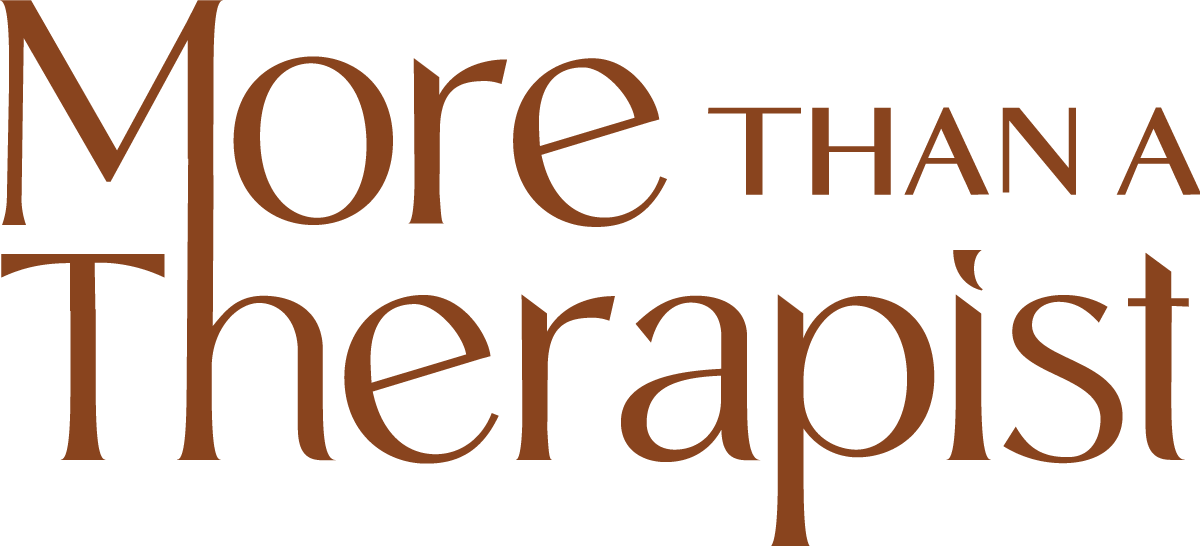Therapist Becomes Advisor for Mental Health Start-up
When Abigail Kira pursued a career in therapy, she didn’t foresee advising start-ups as part of her journey. But that all changed when she was approached by a founder of a start-up in tech. With one cold email, she started advising and merged her business background with her clinical training.
When you initially entered the mental health field, did you envision being a start-up advisor?
Honestly, I never even imagined myself as a therapist, let alone advising start-ups as they innovate new technologies to help more people. What I did know was as a designer, I wanted to design things that helped others heal. I entered the psychology field in my thirties after a good stint in corporate America, hustling as a merchandiser. I graduated with a double major in Design and Psychology. I didn’t know that all these seemingly unrelated experiences and skills would integrate into use, so well, as an advisor. As a clinical advisor for emerging companies, I bridge the gap between clinical quality of care, business outcomes, and user experience to support designing effective tools that people will actually engage with and improve their mental health.
What intrigued you about start-up advising?
I’ve always believed we could leverage technology to help and innovate the mental health industry. I also believe that input from clinicians is vital, so when I was first approached by a Founder, I was very willing to connect and share what I could.
How did you land your first gig?
It was kind of random, I’m not going to lie. This lovely young Founder cold-called me and asked if I would be okay answering questions for her about being a therapist. I said, "Sure!: She found the discussion so helpful, she kept calling. After a month, I made the initiative to make the relationship official. She agreed to make me an advisor because I could help her bridge the gap between quality mental health care and business objectives. We started at 1% equity and had weekly meetings. I advised but also connected her with other therapists. Essentially, she had access to my network to support the business. This was invaluable and continues to be for the Founders I currently support.
Overall I find advising to be quite rewarding. It allows me to bridge my clinical expertise, design knowledge, and business brain. I also get a lot of satisfaction when I connect the founders with someone who is exactly what they're looking for. I feel a little like a matchmaker in this way.
What do you wish you knew before getting started?
Before I started advising I wish I knew that working for equity might sound glamorous, but it's a gamble. You have to have a certain risk tolerance, which I do. However it’s good to vet the founders you support. Have they successfully fundraised before? What other products did they bring to market and how did that pan out? Are they connected to the investor community already? All to say, what is the likelihood that the company will be successful and to what degree? Also, I wish I knew about the Therapists in Tech community sooner! It would have been so valuable to connect with other folx prior to.
How can other clinicians dive into this work?
I think other therapists can dive into this by developing a general understanding of digital mental health and their own niche. There’s a great introductory class I completed at Harvard University, led by Dr. Muñoz. I found it an excellent refresher and current review of the digital mental health landscape.
How can people connect with you?
If founders or companies want to connect, they can visit www.abigailkira.com. Therapy seekers can connect at Zyla Care, a mental health company that specializes in women's mental health.
Abigail Kira
is an entrepreneur, designer, and mental health expert. You can find her at Zyla Care, where she enjoys offering therapy for women and seeing the unmet needs of womens’ mental health are addressed. Abigail also supports and speaks at ERG APEX groups throughout the Bay Area. Connect with her online.


